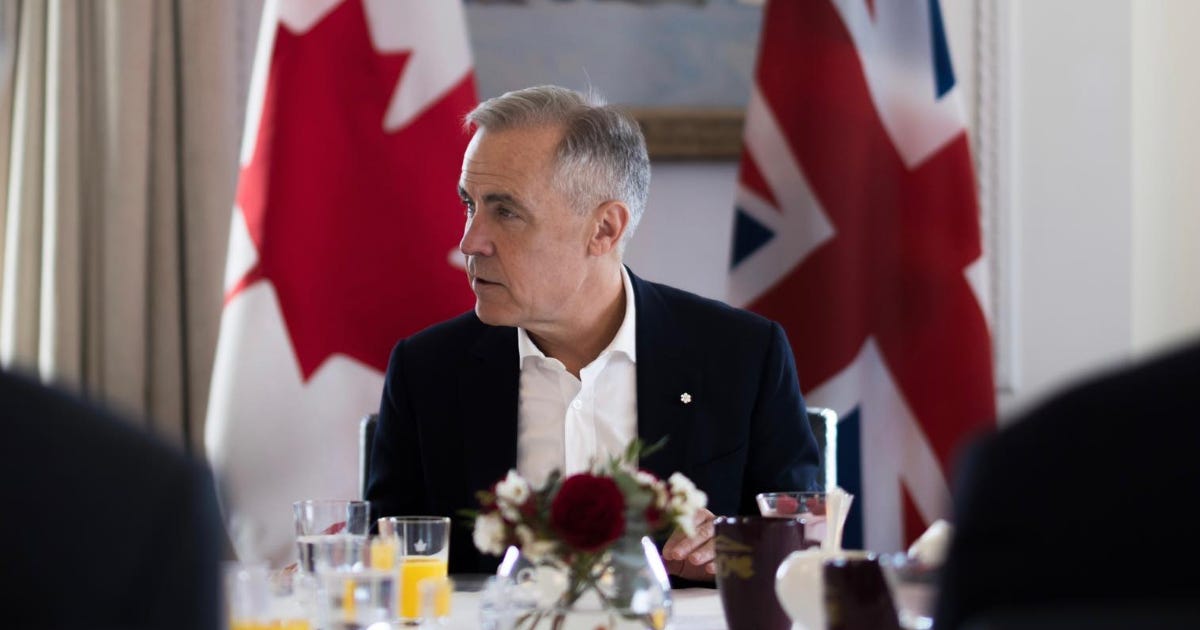Majority of Canadians want less government focus on reconciliation
Prime Minister Mark Carney said that Canadians must practice Indigenous reconciliation “every day.” However, a recent survey suggests that residents disagree.
Prime Minister Mark Carney said that Canadians must practice Indigenous reconciliation “every day.” However, a recent survey suggests that residents disagree. Only 44 per cent of Canadians want to see the government doing more regarding Indigenous issues.
Carney delivered a speech during an event held for Canada’s National Day for Truth and Reconciliation in Ottawa on Tuesday, calling reconciliation a “generational task.”
“Reconciliation … is a generational task that must be lived and practised every day by every Canadian,” said Carney on Parliament Hill. “We will not fail you.”
However, fewer than half of Canadians think the government should be doing more on reconciliation, and a third view September 30 as “just another day,” according to a recent Leger survey.
Only 44 per cent of Canadians want more government action on Reconciliation, compared to 88 per cent who want the government to improve on healthcare and 86 per cent who want the Liberals to work on the cost of living.
Younger respondents were the most likely to feel the government should be doing more to fix Indigenous issues at 60 per cent, and regionally, this sentiment was felt highest among Ontarians, at 49 per cent.
The survey also noted that the declining desire for the government to improve on reconciliation comes as public awareness of Indigenous issues has continued to rise.
“Nearly two-thirds of Canadians (64 per cent) say they are more aware today of the history and treatment of Indigenous Peoples than they were four or five years ago, with more than one in four (27 per cent) describing themselves as much more aware, an 11-point increase since the last measure,” reads the survey.
“A majority of Canadians (69 per cent) now agree that they better understand why reconciliation is important for both Indigenous Peoples and the country as a whole. At the same time, more than half (54 per cent) believe too much attention is being directed toward reconciliation compared with other challenges, and nearly half (46 per cent) express frustration at the slow pace of progress.”
The survey, which was conducted between September 26 and 29, also asked respondents whether they intended “to take some form of action” to acknowledge National Day for Truth and Reconciliation.
Just over half of Canadians (53 per cent) said they would, with the most common gestures being wearing orange (23 per cent), listening to Indigenous voices (17 per cent), and having conversations with family and friends (15 per cent).
Overall, a quarter of Canadians identified themselves as being “personally involved in Truth and Reconciliation Day,” while more than two-thirds (69 per cent) said they were not involved.
Views remain divided on the personal significance of Truth and Reconciliation Day.
“One in five Canadians (19 per cent) say it is a very important day to them personally, while 43 per cent think it is good that the day exists but admit it does not hold strong personal importance,” reads the survey.
“For nearly one-third of Canadians (32 per cent), September 30 is viewed as just another day.”



We need accountability from all Indian leaders on how monies are distributed on reserves!!
The Canadian Taxpayer has poured Billions of dollars into the reserves, Why haven't they fixed their own water problems?? All they do is scream for more money !!
WHERE HAS ALL THE MONEY GONE??
Carnage speaks for himself…..when he says all Canadians have to respect Indian Day, they do not respect the taxpayer of Canada…… it is no wonder Carnage wants to erase Canadian history, if it was not for Canada part in both world wars, we would not have what we have today, Indians included!!